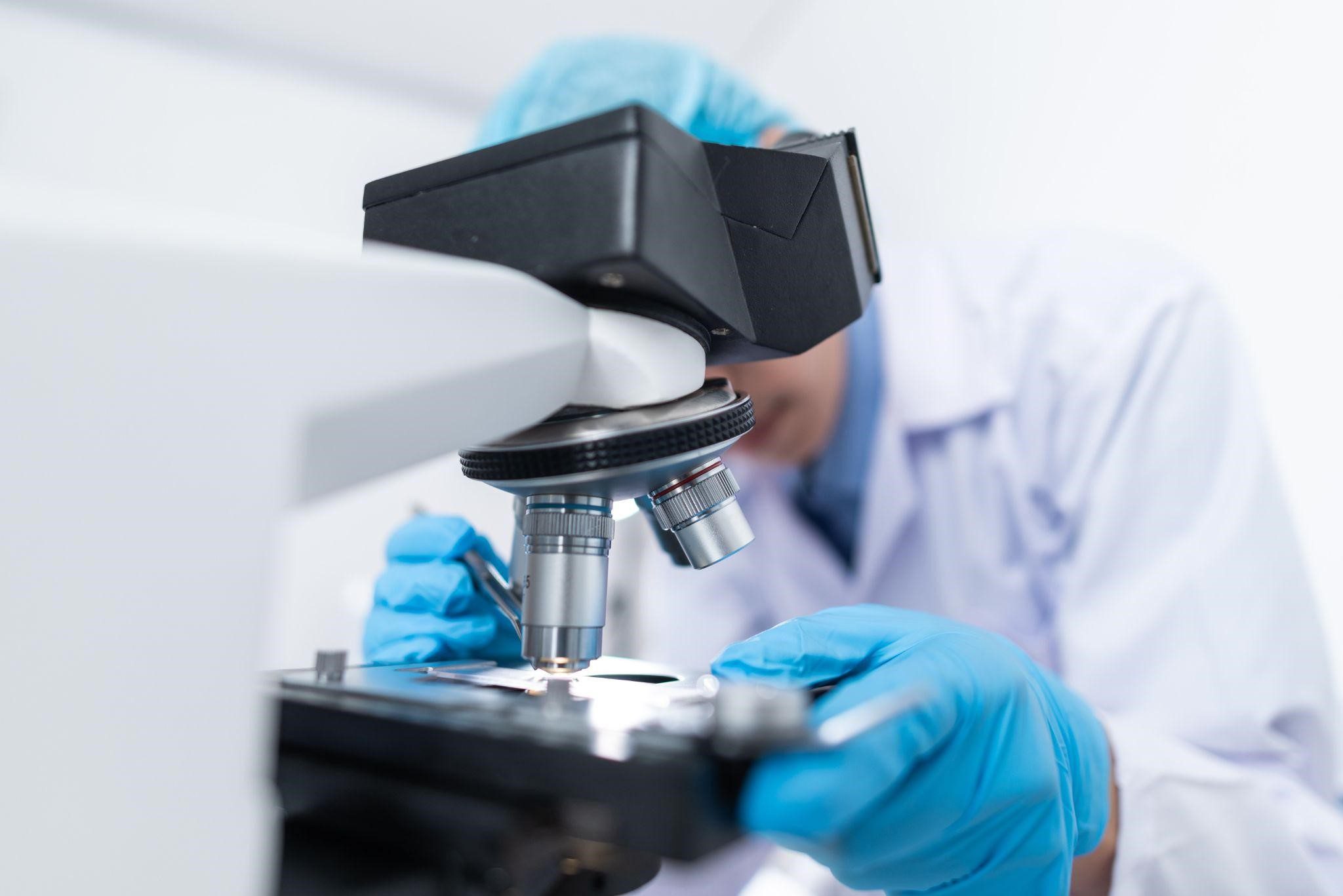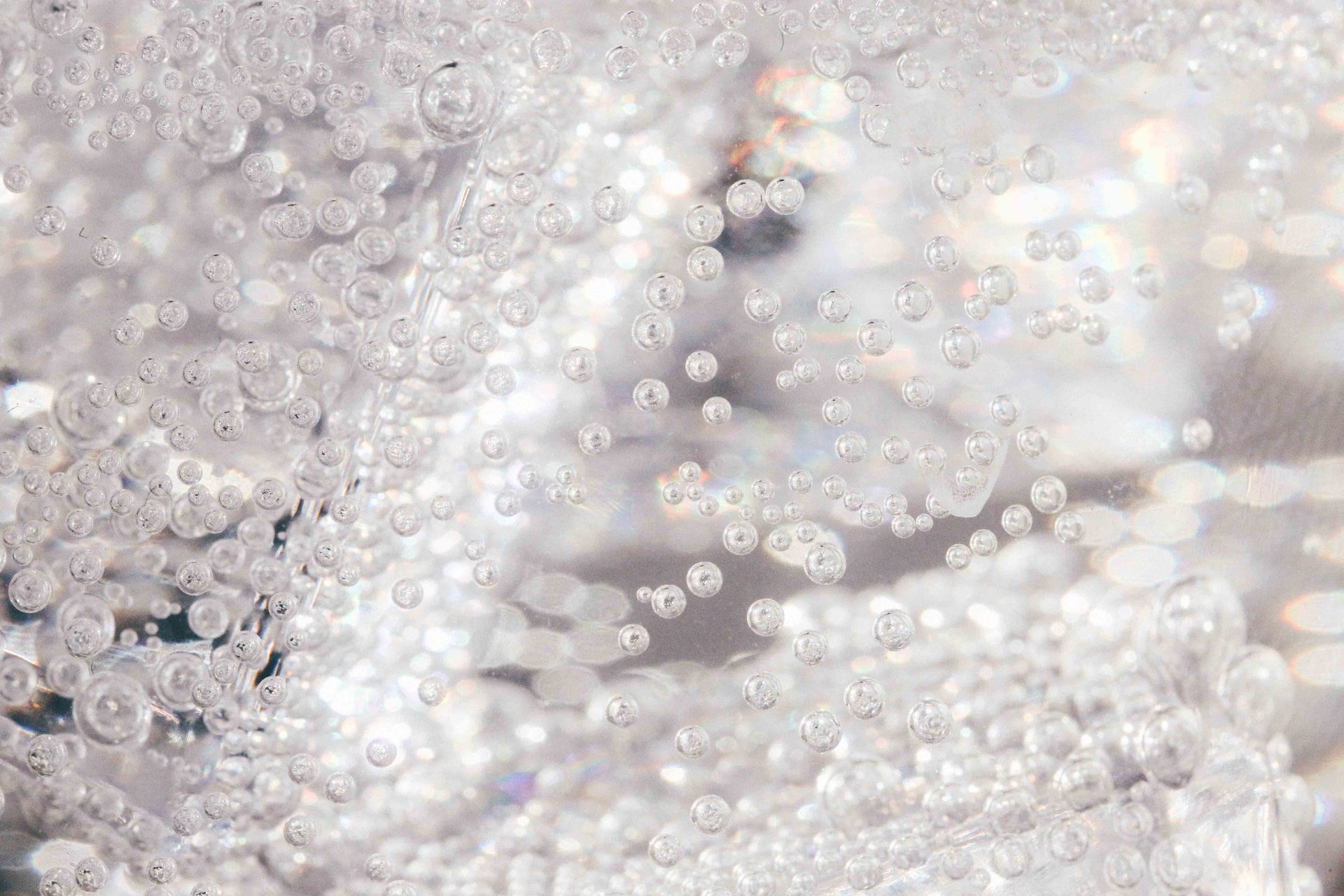Sparkling water – also frequently referred to as carbonated water or soda water – has become an increasingly popular beverage choice for those who don’t enjoy regular tap water. Sparkling water comes in various flavors, making it an appealing option for both hydration and enjoyable refreshments.
Still, recent studies have raised concerns about the potential presence of harmful chemicals in some brands of this bubbly beverage, specifically per- and polyfluoroalkyl substances (PFAS). Here, we’ll delve into the topic of PFAS in sparkling water, highlight the risks associated with these nasty chemicals, identify PFAS-free brands that are safe to drink, and explore the efforts made by companies to provide a safe, healthy sparkling water option.
Understanding PFAS and its Risks
Per- and polyfluoroalkyl substances (PFAS), are a group of man-made chemicals that have been liberally used throughout both industrial and consumer products for decades. They are commonly found in items such as water-resistant fabrics, non-stick cookware, and food packaging, due to their remarkable ability to repel water and resist grease.
Chillingly, however, PFAS have also earned the nickname ‘forever chemicals’ thanks to their remarkable persistence in both the environment and the human body; they do not break down easily, leading to long-lasting contamination of our water sources, air, and soil, which suffice to say is not a healthy outcome.
The Natural Resources Defense Council (NRDC) warns that even low levels of PFAS exposure can lead to a host of serious health implications, including an increased risk of cancer, thyroid disease, and disruption of hormones (as if hormones can’t be tricky enough). Additionally, these chemicals are difficult to contain, leaving them prone to quickly spreading and contaminating water supplies and ecosystems at their leisure.
Unfortunately, existing PFAS regulations set by the U.S. Environmental Protection Agency (EPA) are voluntary and, frankly, far from what many experts deem as safe. While the EPA’s threshold for dangerous PFAS levels is set at 70 parts per trillion (ppt), Consumer Reports – as well as several key environmental organizations – argue that a safer limit would be 1 ppt or lower, which leaves a scary gap-free for products to lawfully pollute.
Brands with PFAS in Sparkling Water
Consumer Reports conducted a comprehensive study in 2020 to analyze the PFAS content in various bottled water products, including sparkling water. The results were alarming, to say the least, as some sparkling water brands showed PFAS levels above the recommended threshold.

The following seven sparkling water brands tested positive for PFAS levels above 1 ppt:
- Topo Chico – 9.76 ppt
- Polar Seltzer – 6.41 ppt
- Bubly – 2.24 ppt
- Poland Spring – 1.66 ppt
- Canada Dry – 1.24 ppt
- La Croix – 1.16 ppt
- Perrier – 1.1 ppt
It’s essential to note that, while above the 1 ppt threshold, these uncovered levels still fall within the voluntary EPA limit of 70 ppt; nevertheless, the results do suggest that stricter regulations are necessary to ensure the optimal safety of consumers.
PFAS-Free and Safe Brands
Amid the concern surrounding these problematic PFAS in sparkling water, Consumer Reports also identified brands that contained PFAS levels lower than 1 ppt, making them potentially safer options for consumers to reach for instead:
- Sparkling Ice Black Raspberry Sparkling Water – No detected PFAS
- Spindrift – 0.19 ppt
- San Pellegrino – 0.31 ppt
- Dasani – 0.37 ppt
- Schweppes – 0.58 ppt
Responding to the Study
After the study’s release, several companies listed as having unsafe PFAS levels responded to Consumer Reports, claiming that their products complied with existing standards. However, Brian Ronholm, the director of food policy for Consumer Reports, pointed out that the study’s results indicate that the 70 ppt EPA limit is too high. The PFAS levels detected below 1 ppt prove that stricter regulations are feasible and necessary to safeguard public health.
JUST Water: A PFAS-Free Brand
Among the sparkling water brands not tested under the report, but who have had their safe product status verified by an official third-party report, is Jayden Smith’s sustainable brand, JUST Water. JUST Water is known for its commitment to providing a safe product, with the third-party report confirming that all their bubble products and 22oz variants had non-detectable (zero) levels of PFAS. This places JUST Water in the category of PFAS-free brands, providing consumers with a reliable choice for sparkling water consumption. Apart from being PFAS-free, JUST Bubbles water and 22oz variants can also be classified as ‘mineral’ spring water due to their higher Total Dissolved Solids (TDS) score, exceeding 250. TDS refers to the amount of dissolved minerals and salts present in water, providing additional health benefits, as well as a distinct taste.
The Importance of Consumer Awareness
As consumers become more conscious and concerned regarding the potential risks associated with PFAS, the demand for safer products will undoubtedly increase. There are a handful of responsible brands committed to setting an example for others to follow, ensuring that their sparkling water products remain free from harmful chemicals and comply with more stringent safety standards; hopefully, the results of this report and the calling out of the main culprits will be a catalyst for broader change.
Final Thoughts
While sparkling water offers a fun and flavorful way to stay hydrated, consumers must exercise caution and choose brands that prioritize their safety. PFAS, or ‘forever chemicals,’ pose significant health and environmental risks, making it crucial to support companies that adhere to stricter PFAS regulations, or, ideally, offer PFAS-free products for maximum peace of mind; consumers should be able to enjoy sparkling water without compromising their health or the environment. As awareness grows, the hope is that more brands will follow suit and commit to providing safe, trustworthy sparkling water options for everyone to enjoy; these reports certainly demonstrate that any brand not pulling its weight in this regard will be named and shamed for their ethical neglect.












